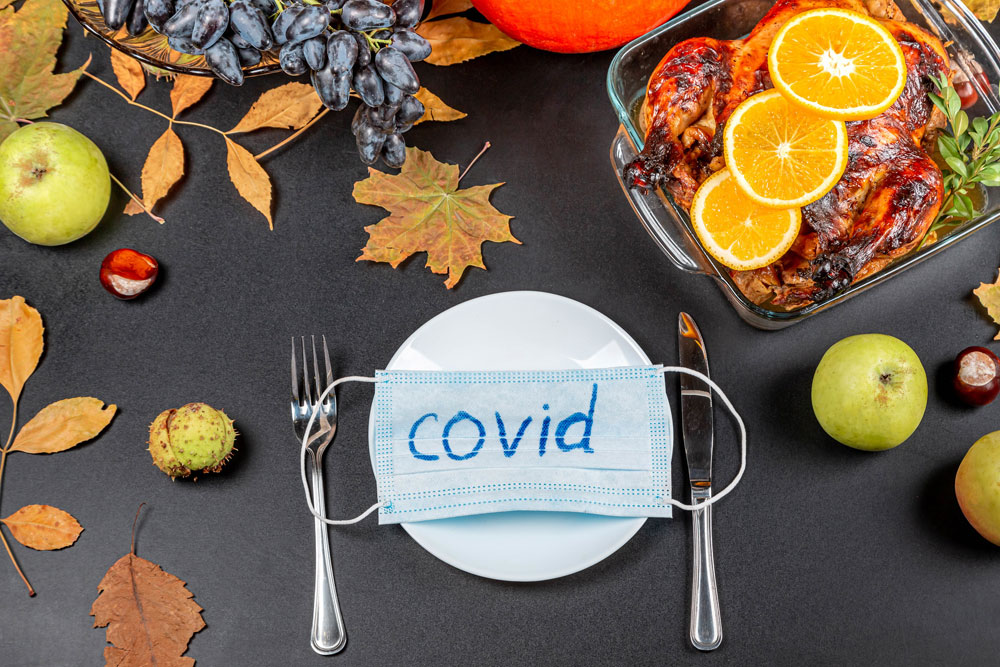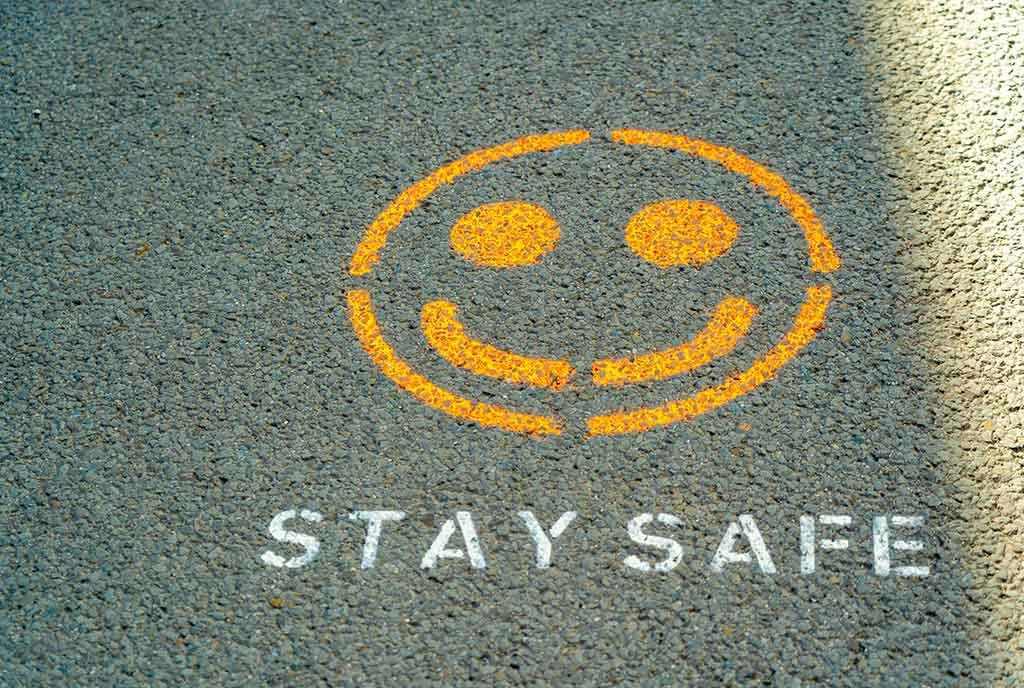
November 22, 2020; ABC News, Inside Higher Ed, and Politico
Thousands of college students who stayed on campus for the fall semester are heading home this week. But going home for Thanksgiving break looks nothing like it did prior to the pandemic. The Centers for Disease Control and Prevention (CDC) recommends modifying traditional holiday plans—no traveling, and small gatherings of immediate family and housemates—to slow the spread of the virus. College students who haven’t been home since the summer are outside that pod. They could be bringing the virus home with their bags of dirty laundry even if they display no symptoms.
Colleges across the country do not have consistent plans on sending students home during a pandemic. Several are making tests available to students for the virus before they leave, at least. But the University of Notre Dame has put strict testing compliance into place. “Students who fail to report for exit testing or fail to remain in the South Bend area until their negative test outcomes are delivered will receive a registration hold on their records and will be unable to matriculate or register for classes next semester or receive a transcript,” the university said in an announcement.
But many colleges have no plans at all.
“When you consider the thousands of US institutions that exist, really we’ve only found a handful [with exit plans],” says Emily Round, a senior at Davidson College and co-chief of operations at Davidson’s College Crisis Initiative.
A coalition of governors in the Northeast US has issued a statement encouraging colleges and universities in their respective states to provide tests for students.
New York Governor Andrew M. Cuomo, New Jersey Governor Phil Murphy, Connecticut Governor Ned Lamont, Delaware Governor John Carney, Pennsylvania Governor Tom Wolf, Rhode Island Governor Gina Raimondo and Massachusetts Governor Charlie Baker today announced they will encourage residential colleges and universities in their respective states to provide testing for all students traveling home for Thanksgiving break to the maximum extent possible before they leave campus. Any student who tests positive will be encouraged to isolate on campus before they can travel or detail arrangements of their safe travel home with the local department of health. These efforts will help mitigate the threat of college students returning home for the holidays importing COVID-19 into their communities. In addition, colleges should inform students and their families of relevant quarantine policies in their home state.
New York was one of the places hardest hit by COVID in the spring, and has made this a priority, providing tests throughout the semester and requiring every student on campus who is returning home to test. An up-to-date COVID-19 tracker for the 64 colleges and universities in the system is available to the public; it lists hospitalizations and the number of students quarantined and isolated, both on and off campus. There have been 532,170 COVID tests in the SUNY system performed to date. The current rolling seven-day average for SUNY is 0.9 percent. New York State is at about 3 percent, one of the lowest in the nation.
Sign up for our free newsletters
Subscribe to NPQ's newsletters to have our top stories delivered directly to your inbox.
By signing up, you agree to our privacy policy and terms of use, and to receive messages from NPQ and our partners.
That’s not to say that the SUNY system has not had outbreaks, with a few universities pausing or ending in-person classes. SUNY Oneonta went all-remote at the start of the semester, with 700 cases of the virus, citing parties as the super-spreaders. Officials, led by brand-new SUNY chancellor Jim Malatras, determined that standards were needed across the public higher ed system.
“I felt that we needed to bring a little more rigor to the process, and more uniformity to the process,” Malatras, who was named chancellor in late August, told ABC News. “Every campus dealt with infractions against their codes of conduct differently. But what you saw there was an uneven application was leading to bad results on some of our campuses.”
Malatras notes that according to New York State health law, any person who tests positive for COVID-19 must isolate for 14 days. Campuses are also staying open for students who are choosing not to leave for the remainder of the semester, he says.
Most college students across the US will not be returning to in-person classes between Thanksgiving and the spring semester. The fall semester will wind down remotely, and any winter classes will also be remote, taking into consideration that having students travel back and forth in between any holiday gatherings would increase their exposure to the virus, along with the cold and flu season.
“The health experts said you need to wind down your semester after Thanksgiving break and then go all remote because you don’t want people traveling back and forth in the cold months,” Malatras says. “We don’t want to send our students home, possibly infected.”
Malatras adds that the SUNY system is considering having its own Food and Drug Administration-approved saliva test available to those outside the institution while the schools are on remote learning. Students returning in the spring will quarantine for 7 days on campus, as recommended by the American College Health Association.
Testing can help lower the risk of bringing the virus home, says Dr. John Brownstein, an epidemiologist at Boston Children’s Hospital and an ABC News contributor. “But there’s going to be risk. Any amount of travel, and additional contacts that people have, is going to lead to transmission,” he says.
Students should test before going home, whether their school is requiring it or not, and travel safely. With vaccines now on the horizon, individuals should still keep their guard up.—Marian Conway













